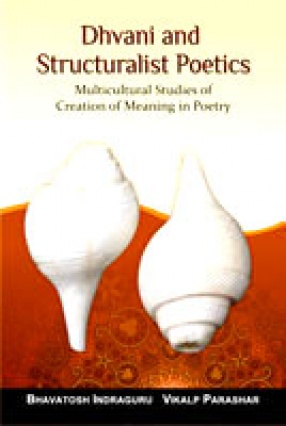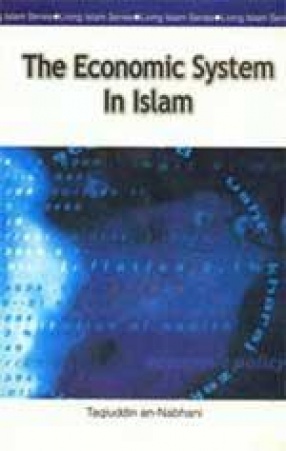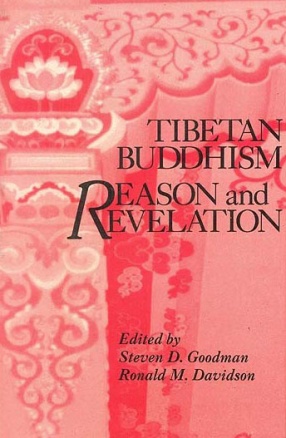Dhvani and structuralist poetics emerge as the two primary theoretical frameworks in which the reality of inquisition and propagation of comprehensibility and creativity of the artistry could be well-conceived, exposed and implied. In each of the two systems, the maturity of conception and universality of expression of the content, context and the medium are quite remarkable.
The book is an in-depth study of dhvani, that is, the Indian critical system developed around the eighth century ce, and structuralist poetics — the Western critical premise, commencing with Ferdinand de Saussure’s Course in General Linguistics — that substantiate an adequate methodology to understand the formation of categories, contents, constructs and mediums as a necessary corollary to an analytical procedure that would bring about transformation. It examines the independent universalisation of sabda, pada, varna, vakya, bhava, vibhava, anubhava, sthayibhava, sancaribhava, alambana and uddipana for the sake of an absolute artistic formation, especially as propounded by Anadavardhana, the progenitor of dhvani system. It then delves deep into the structuralist poetics, following Saussure, Barthes, Jakobson and others, that focuses on the need and necessity to explicate words, letters, syllables and even otherwise an experience so as to create a valid notation, out of each of these, for the sake of totality in the meaning formation.
The study has immense significance owing to the fact that it promotes proper understanding and enjoyment of literature. Moreover, the fact is that Indian and the Western scholarships have not paid much attention to the subject discussed herein. The volume, therefore, will be of an immense interest to scholars and students of poetics and literature in general.





There are no reviews yet.